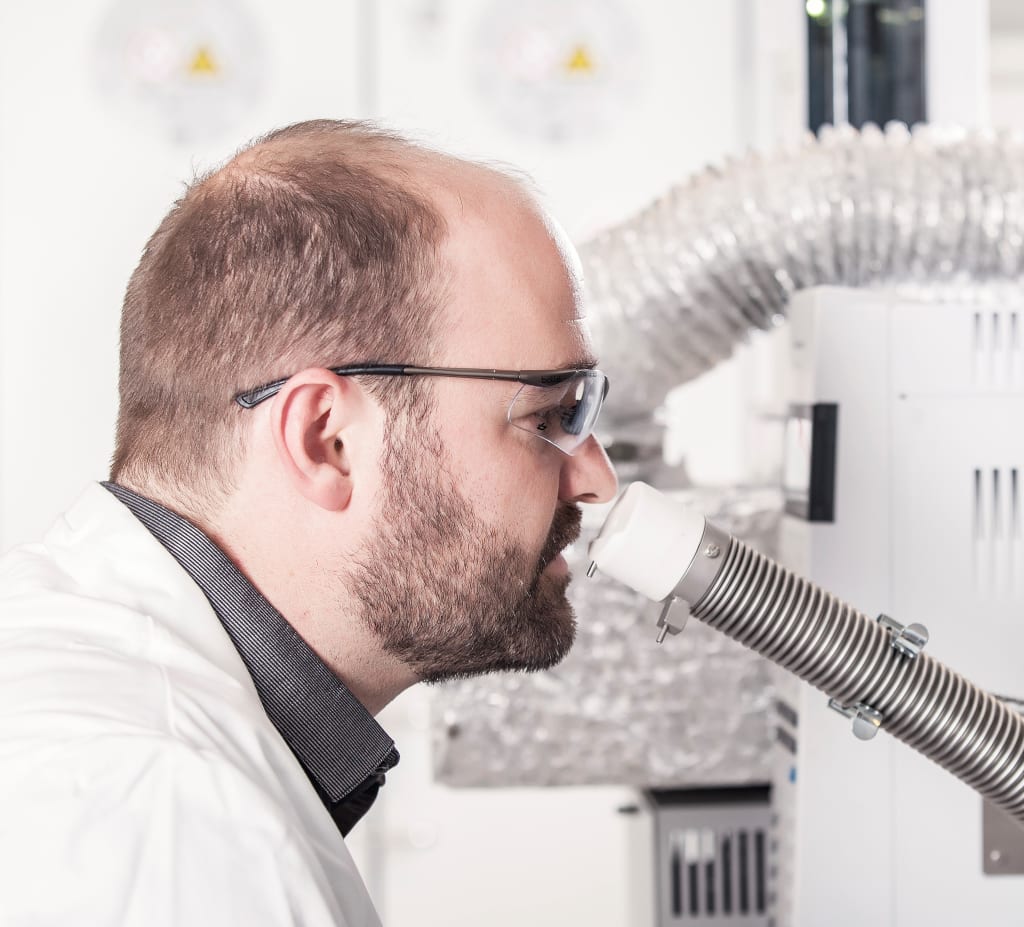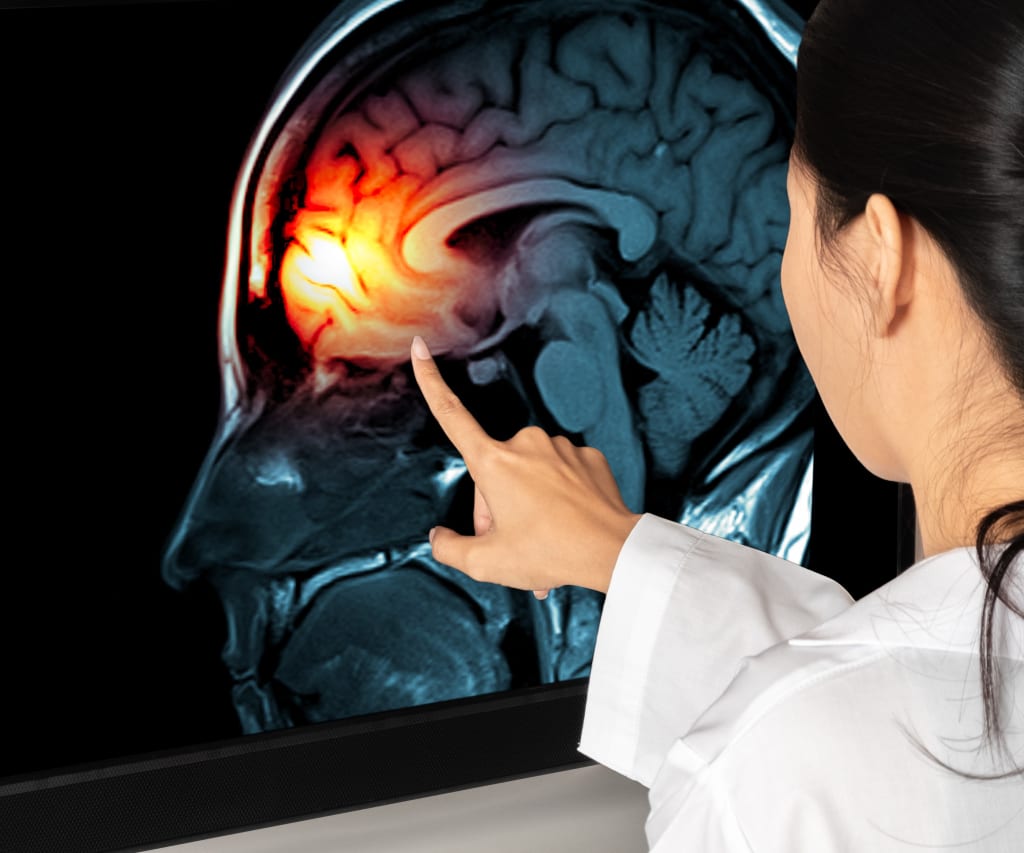Innovators in nutrition, health and beauty. Read more about our new company at dsm-firmenich.com or continue here to read more on the incredible solutions and services that we offer.
-
-
Sustainability
Back to main menuSustainability
- Investors
-
Careers
Back to main menuCareers
-
Sustainability








